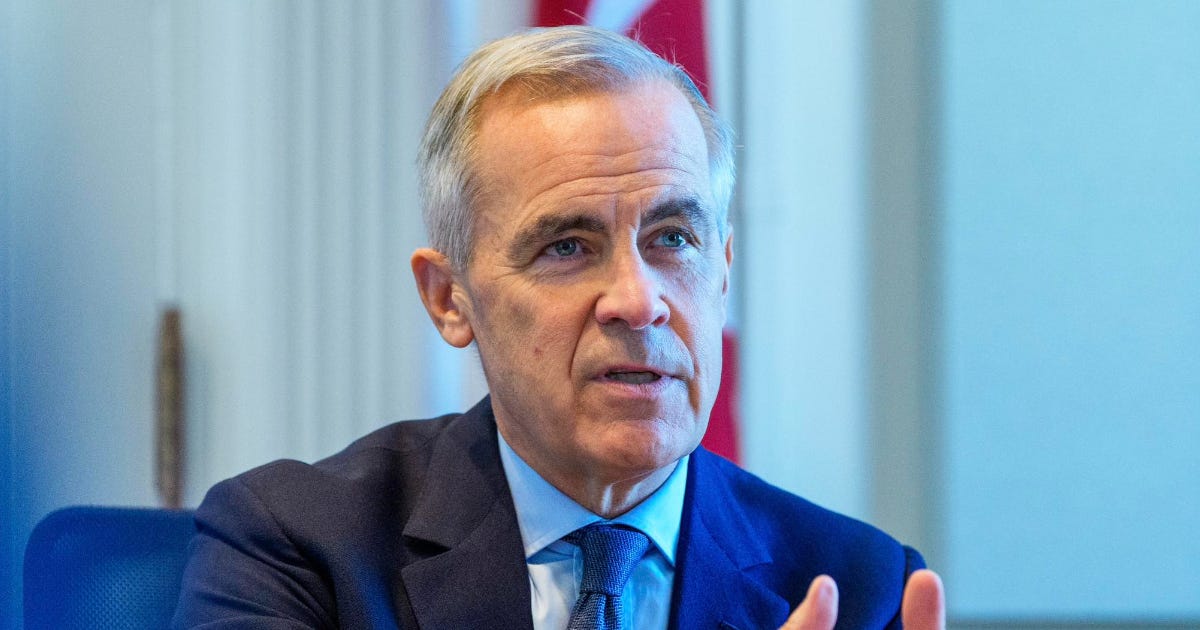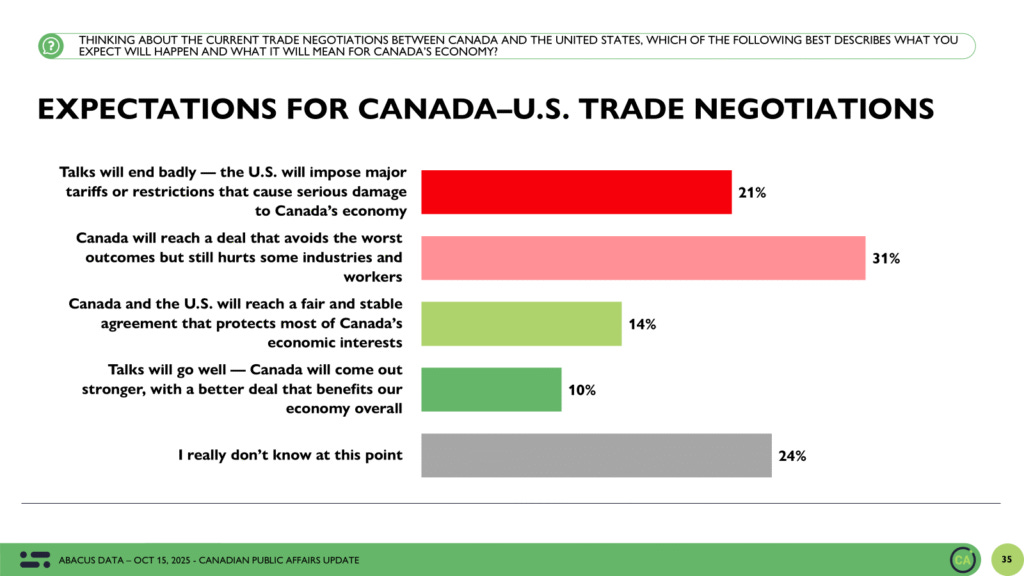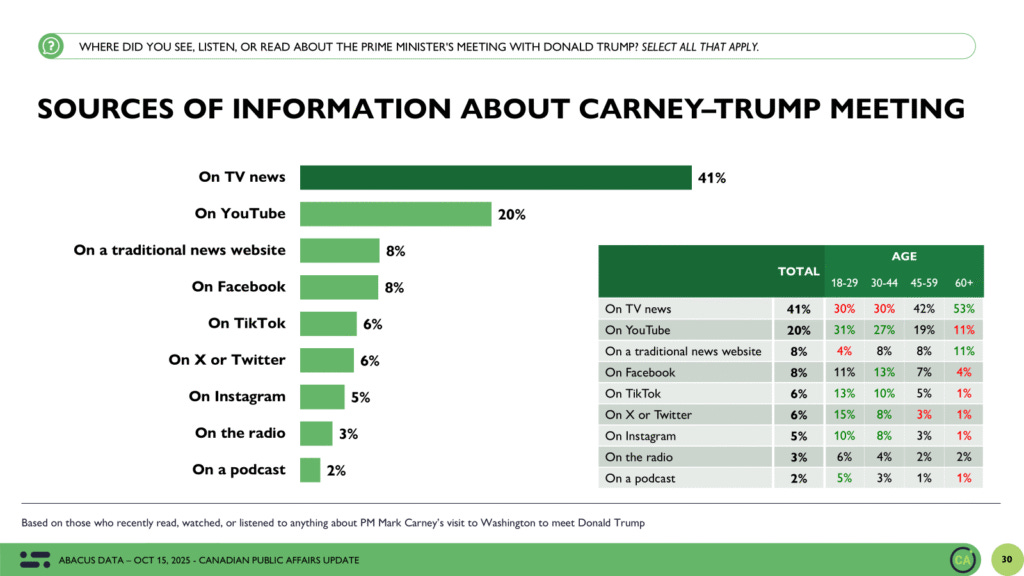Canadians doubt Carney’s strength in dealing with U.S. as voter honeymoon ends
Canadians are losing faith in Carney's leadership, particularly his ability to project strength and deliver results, as optimism dwindles over the outcome of crucial trade negotiations with the U.S.
Canadians are losing faith in Prime Minister Mark Carney’s leadership, particularly his ability to project strength and deliver results, as optimism dwindles over the outcome of crucial trade negotiations with the United States.
New polling from Abacus Data shows that while Carney remains personally more popular than his Conservative rival, Pierre Poilievre, both parties are nearly tied. This is due to mounting concerns over Carney’s effectiveness on affordability and public safety, two issues where Conservatives poll well.
The October survey of 4,501 Canadians found that only 14 per cent believe Canada and the U.S. will reach a fair and stable agreement that protects Canadian economic interests. A further 10 per cent believe talks will go well and result in a better deal. In contrast, 31 per cent expect a compromise that still hurts Canadian industries and workers, while 21 per cent anticipate talks will end badly, with the U.S. imposing serious economic damage through tariffs or trade restrictions. Another 24 per cent don’t know what to expect.
Trade pessimism coincides with continued strain on Canadian industries such as steel and automobiles, which have seen significant job losses. Most recently, a Stellantis plant in Brampton closed its Jeep Compass production, moving it to Illinois to be exempt from Washington’s 25 per cent automobile tariff.
More broadly, the public is divided on Carney’s trade strategy. Just 39 per cent believe the government is balancing firmness and diplomacy appropriately, while the rest say the approach is either too soft, too aggressive, or unclear.
Carney continues to hold a net positive favourability rating of +15, with 46 per cent viewing him positively and 31 per cent negatively. However, key policy performance indicators seem to tell a different story.
Canadians feel far more negatively about the country’s direction, with only 34 per cent thinking it is heading in the right direction, unchanged from earlier this fall. Forty-eight per cent believe Canada is on the wrong track.
The poll also highlights a critical generational divide in how leadership is perceived. Older Canadians, more likely to consume politics through TV news, responded positively to Carney’s Washington trip. In contrast, younger Canadians, who mostly encountered it via platforms like YouTube, TikTok, and other independent media, were more likely to be critical of Carney.






Carney sucked Canadian voters in with his tough talk during the campaign, statements like"I am the only guy that can deal with, handle Trump and elbows up" was all talk. The problem is and was that people actually believed his lies and voted fro him. Well Libtards where are we now with massive debt, inflation, crime and damaged immigration system that is still ongoing
Carney is a fraud.
... PERIOD ...
Does not take much homework to figure that out.
He is way over his head and out of his depth.
A theme these days with Liberal PMs.
OK... An improvement over the last idiot but frankly that would have taken virtually nothing to accomplish since the last one was the definition of a complete nothing.
Our current one is educated but educated does not mean smart.
Carney is not smart.
He, like OntArWeOwe's Doug Fraud seems to put his foot in his mouth a lot and appears to have little to no political skills.